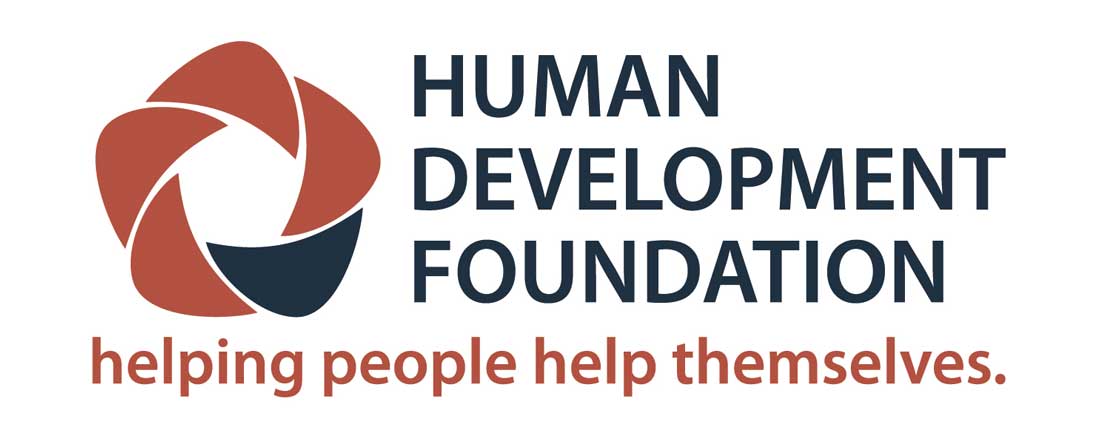Quit Smoking and Live
By Shanza Sohail and Sidra Idrees, HDF Pakistan
The compelling message from the World Health Organization (WHO) this year on the World No-Tobacco Day demonstrated the negative impact of tobacco consumption on cardiac health: ‘Choose Heart, not Tobacco’. Although WHO is campaigning against any form of tobacco consumption, its primary attention is directed towards cigarettes, which are the major source of tobacco consumption around the world. Tobacco kills seven million people worldwide every year, says the WHO. Some 890,000 of these deaths are due to passive smoking. Also, tobacco smokers are more likely to suffer repeated cardiac arrests compared to non-smokers. They are also at a higher risk for aortic aneurysms, angina and other heart diseases. Keeping in view the multiple heath challenges associated with smoking and tobacco consumption, WHO is pushing for a smoke-free world with its Framework Convention on Tobacco Control (FCTC). Pakistan is also the signatory of this global framework and must strive towards tobacco control initiatives at the national level. Human Development Foundation (HDF) understands the need to address the issue of tobacco control in Pakistan and hence is facilitating the government to reduce tobacco consumption among kids. Under the Campaign for Tobacco Free Kids (CTFK), HDF aims to bring data, stories, and policy analysis from other countries as evidence for the Tobacco Control Cell and Ministry of Finance so that the prices and taxation on the tobacco production and distribution can be set up as per the standards of WHO FCTC. The surging consumption of tobacco among the youth is creating immense economic and health concerns for Pakistan. It is depriving Pakistan of a healthy workforce while also increasing the pressure on the already overburdened health sector. According to a recent report by WHO, Pakistan has seen growing instances of trachea, lung and bronchus cancer, along with the aforementioned cardiovascular diseases. The root cause behind this outbreak has been associated with the smoking of tobacco-related products. HDF launched a survey report on the topic “Assess the volume of Illicit Tobacco Trade in Pakistan and its impact on Public Health” in April 2018 in partnership with Pakistan National Heart Association (PANAH). This report has also been distributed among members of the National Assembly to sensitize them on issues concerning the illicit trade of tobacco products in Pakistan. The report elaborates on the role of illicit tobacco trade implications on tax revenue and its impact on public health. Presently, HDF is conducting online polls to gather input from the general public about possible tobacco control policies in Pakistan, The survey also spreads awareness among the general public about the need to control tobacco consumption and the possible means to do it. HDF is also spreading its campaign messages throughout the country by regularly publishing articles in the press. This strategy helps ignite concern in the mind of the general public and lawmakers. For the first time in the history, tobacco taxation was discussed on the floor of the Parliament. The Public Accounts Committee (PAC) took up the issue of tobacco taxation and ordered an audit of the two leading tobacco manufacturers. The Auditor General of Pakistan is due to undertake an audit of British American Tobacco and Phillip Morris in the light of PAC orders. Also, the National Accountability Bureau is also investigating evasion of taxes by the tobacco industry. Cigarettes are readily available for purchase and consumption in Pakistan. Advocacy efforts by the civil society and other stakeholders recently realized a ban on the sale of loose cigarettes. This ban aims to target the easy availability of the product to the youth. The Government has controlled the advertising, sponsorship, and promotion of the cigarette. According to a recent special regulatory order (SRO), the government plans to include the graphical warning on the cigarette packs by June 2018. Although the government has taken necessary measures under the FCTC framework to control the demand for tobacco in Pakistan by monitoring the advertising and promotion, the adjustment of pricing and taxation structure is vital to yield substantial trimming results. HDF Pakistan is working with stakeholders across the country to advocate for higher taxes on tobacco to discourage smoking among the youth.




-2.png)




